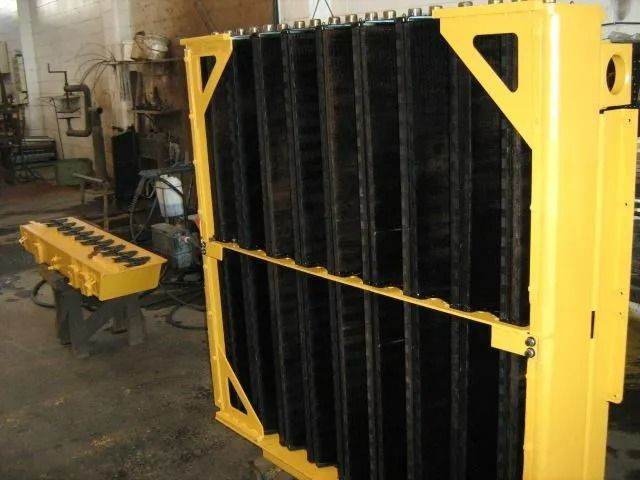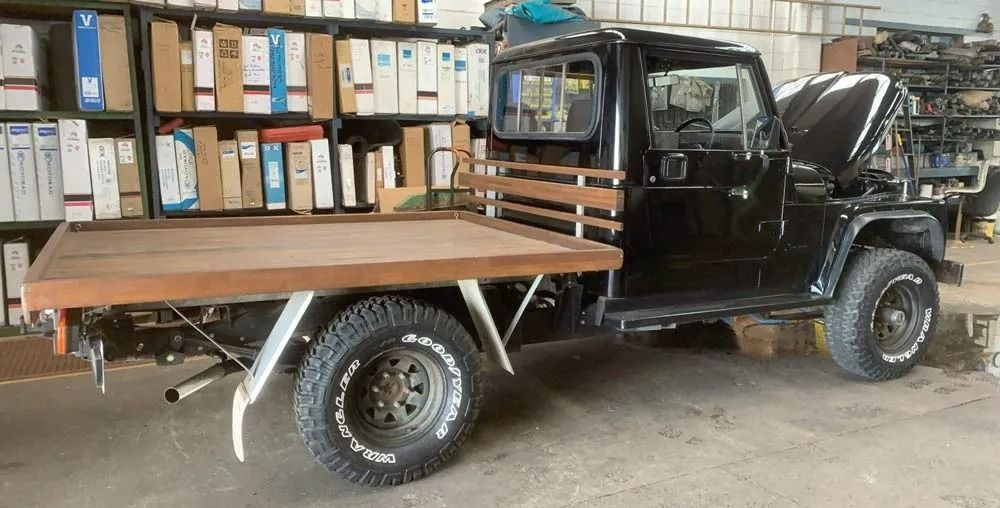Radiator Service in Dalby
At Neilsen’s Radiator Service, we keep vehicles running cool with expert radiator solutions. Based in Toowoomba, we offer fast repairs, honest advice, and dependable service.
Dalby Radiator Service Specialists
Neilsen’s Radiator Service brings more than 40 years of combined experience to drivers across the Western Downs. Whether you’re dealing with overheating, pressure loss, or routine maintenance, we provide expert radiator service for 4WDs, trucks, utes, farm machinery, and daily drives. With honest advice, high-quality parts, and practical solutions, we make it easy to keep your cooling system running smoothly.
We regularly assist Dalby locals with fast, affordable cooling system care tailored to regional driving conditions. From leaking hoses to blocked cores or faulty caps, we’ll diagnose the issue and sort it quickly. If your engine’s running hot or something just doesn’t feel right, don’t wait. Call Neilsen’s Radiator Service today on
(07) 4632 2349 to book your radiator service and stay safe and confident on the road.
When you’re driving long distances or relying on heavy equipment, your radiator needs to perform under pressure. That’s why we take a detailed, hands-on approach to every job. Whether it’s a flush, a rebuild, or a replacement, we tailor your radiator service to suit your vehicle’s make, workload, and condition. Every inspection is thorough to ensure nothing is missed—helping to protect your engine, improve performance, and avoid costly issues later on.
Dalby drivers rely on us for cooling solutions that suit both urban traffic and rural work demands. With decades of experience and proven repair techniques, we use only high-quality parts built for durability. Our workshop is equipped to recore, flush, or replace radiators across a wide range of vehicles, including 4WDs, tractors, and commercial machinery. No matter the job, you’ll get straightforward advice and clear communication from start to finish.
We also carry out related services like gas strut replacement, intercooler maintenance, and pressure testing of radiator caps. Our team checks hoses, seals, and hard-to-reach components for leaks or wear, making sure every part of your cooling system is in top condition. For older vehicles or modified setups, we can help source or custom-fit components that keep you running without compromise.
Whether you’re towing, hauling, or clocking up regional kilometres, Neilsen’s Radiator Service delivers the reliability you need. Our local knowledge and practical approach make us a trusted name for radiator repairs in Dalby. Book your radiator service today—we’ll keep your engine cool and your schedule on track.
Fast Turnarounds for Western Downs
Regional Cooling Solutions You Can Trust
Request a call back in Dalby
Thank you for contacting Neilsen's Radiator Service.
We will get back to you as soon as possible.
Oops, there was an error sending your message.
Please try again later.
FAQ
What are common signs of radiator failure?
Radiator issues often show up as engine overheating, rust-coloured coolant, leaks under the vehicle, or a sudden drop in coolant levels. You might also notice low heater output or a strong smell of coolant. These signs can indicate anything from internal corrosion to a blocked core. Addressing them early helps avoid major engine damage and keeps your cooling system efficient.
How long does a radiator typically last?
Most radiators last between 8 and 15 years, depending on usage, care, and overall maintenance. Driving conditions in places like Dalby—where rural roads, dust, or heavy towing are common—can reduce that lifespan. Regular inspections, pressure tests, and coolant flushes help extend the life of your radiator and prevent unexpected overheating or engine damage on the road.
How often should coolant be flushed?
Coolant should generally be flushed every 2 to 5 years, depending on your vehicle’s make, model, and workload. Vehicles that are regularly exposed to heavy use, long idle times, or harsh conditions may require more frequent flushing. Over time, coolant breaks down and loses its protective qualities, allowing rust, scale, and debris to build up in the system.







